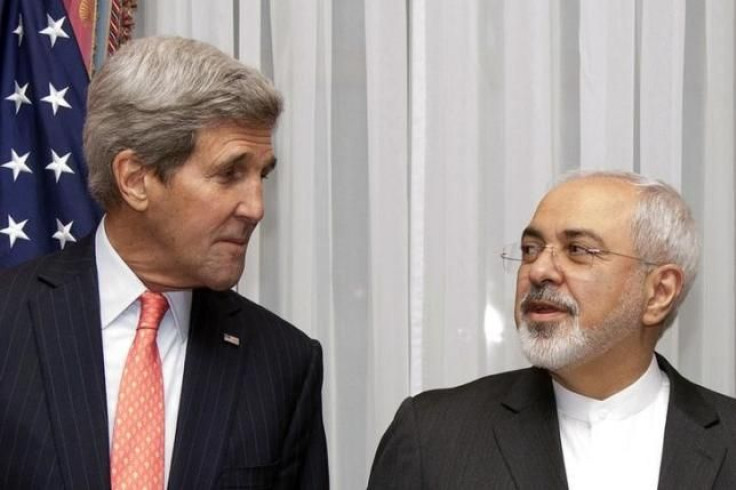Failure In Nuclear Talks Wouldn't Be ‘End Of The World’: Iran

If diplomatic efforts fail to yield a nuclear agreement between Iran and six world powers, it would be a loss for the United States, Iran’s foreign minister said, adding that his country would make sacrifices to safeguard its dignity. The minister, Mohammad Javad Zarif, said that if talks fail, the United States would lose a unique opportunity.
Zarif called the negotiations with the six world powers an “unholy exercise,” but added that a collapse in the negotiations would not be a calamity. “It won’t be the end of the world,” Zarif told the New Yorker. “For us, our population is accustomed to making necessary sacrifices to preserve its dignity and its rights.”
He clarified that it was not about chauvinism or nationalism. It is about having “historical depth,” he said.
Meanwhile, Iran’s Parliament passed a bill Tuesday to prevent U.N. inspectors from visiting the country's military sites or talking with its nuclear scientists. Reuters reported that the move might complicate proceedings of the nuclear talks.
The alleged lack of transparency on Iran’s part has been a major obstacle to finalizing the nuclear agreement. The negotiating countries have insisted that Iran should be more transparent about its nuclear programs to earn credibility. Iran’s Supreme Leader Ayatollah Ali Khamenei, the final authority in all state matters in the country, has maintained his stance that no outsiders will be allowed to visit the nuclear sites.
Western experts believe that Iran has been working on making nuclear bombs. However, Iran insists that its nuclear program is entirely peaceful.
The bill, passed by 214 of 244 lawmakers present in Iran’s Parliament on Tuesday, also demands that sanctions against Iran be lifted as soon as a nuclear deal is finalized. According to the six world powers, lifting sanctions is a gradual process that will also be influenced by Iran’s transparency about certain issues such as its nuclear programs.
The bill prohibits any inspection of military, security and nonnuclear sites. It also denies access to documents and scientists. However, the bill allows the International Atomic Energy Agency to inspect the nuclear installations in the country.
Zarif said Monday that the deal could be finalized by the June 30 deadline if there was political determination to do so. However, he indicated that securing a “good deal” was more important than meeting the deadline.
© Copyright IBTimes 2024. All rights reserved.











